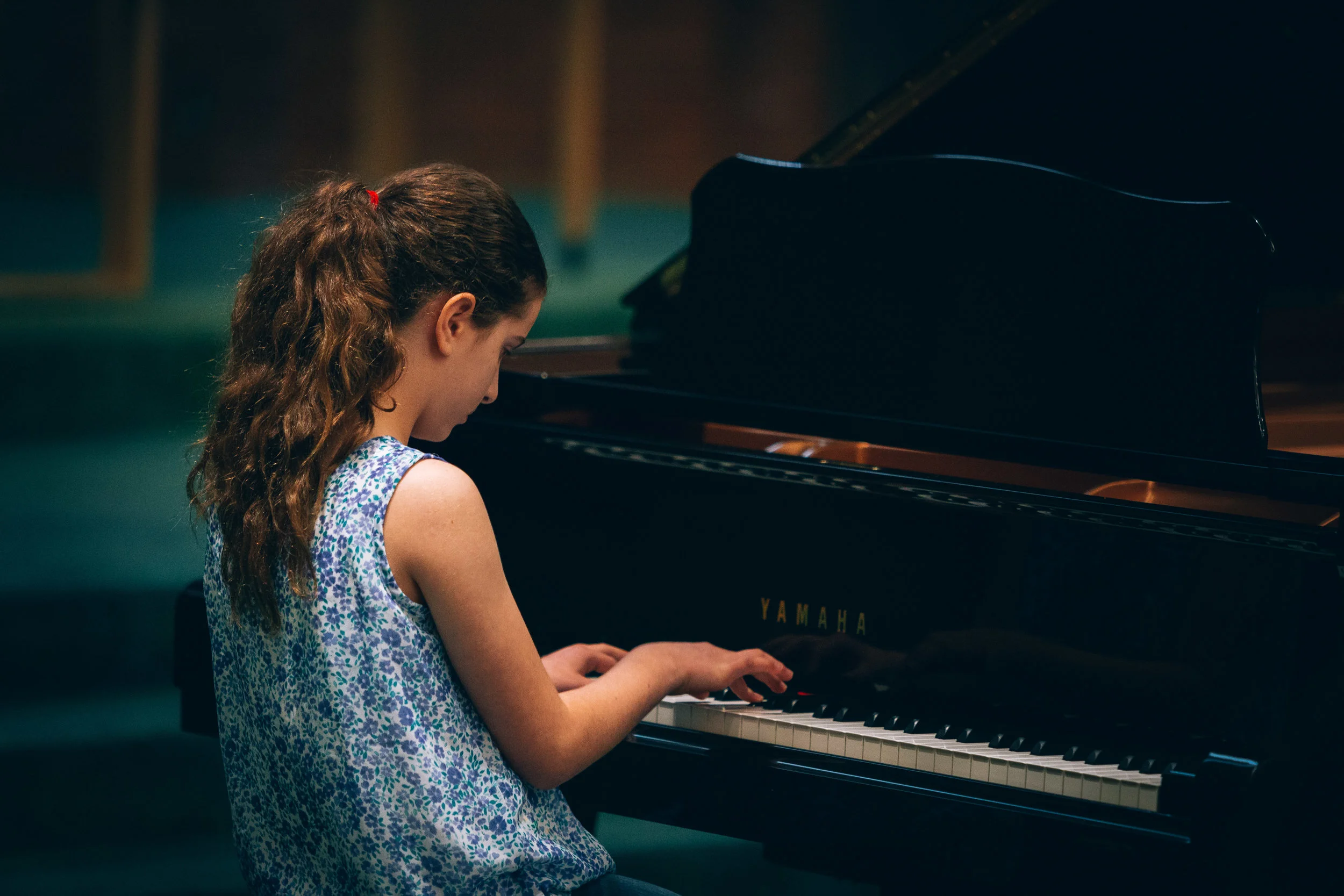Now this is a great question, and one that will come up pretty much soon after the first or second lesson a student has. How much should a student practice to get the most out of their lessons?
Consistency is key!
In a perfect world we would practice every day. And we all know that practice makes perfect, or many people say, perfect practice makes perfect. But in any case, this isn't a perfect world, so the next best thing is consistent practice.
Consistent practice can mean a few different things depending on the age of the student, but here are some guidelines:
If a student is becoming more advanced, they would really want to consider practicing for at least six days a week, one hour per day.
For students that are older than 10: Six to seven days a week for about 30-45 minutes
For beginning or intermediate students ages 7-9: Five to six days of practice per week for about 15 - 25 minutes a day
For beginning students ages 4-6: Five to six days of practice per week for about 15 minutes per day
For adults, again, consistency is really important, but as its hard to juggle things as an adult, the aim should be to consistently practice throughout the week. Some days you might get 20 minutes in, some days less and some days more, but the idea is to practice consistently so you continue to build on what you learned in your prior practice session. You wouldn't run a marathon tomorrow without working up to it, right? So same should go for practicing during the week as opposed to cramming for an hour a day before your lesson!
What does consistent practice do?
Consistent and deliberate practice builds the connections in our brain and allows us to recall those connections, which enhances our ability to play and retain what we learn. Our brains are elastic, and these synapses are constantly firing and forming new connections the more we practice.
Consistent practice is also vital for building dexterity in our fingers and preventing strain. Think of it again like exercising. If you run a whole lot one day, then wait a week to run a whole lot again, that next week's run is going to feel a lot worse than it should than if you just kept building up consistently through the week with smaller runs. Your body will get used to the regular running and build up carefully through the week.
One tip for young kids!
Kids have a tough time feeling overwhelmed with time, so instead of focusing on them needing to sit in front of the piano for 15 minutes, instead tell them to practice their piece 3 times or work on one section 5 times. Before they know it, they will have probably played more than 15 minutes and not even have noticed the time go by!

